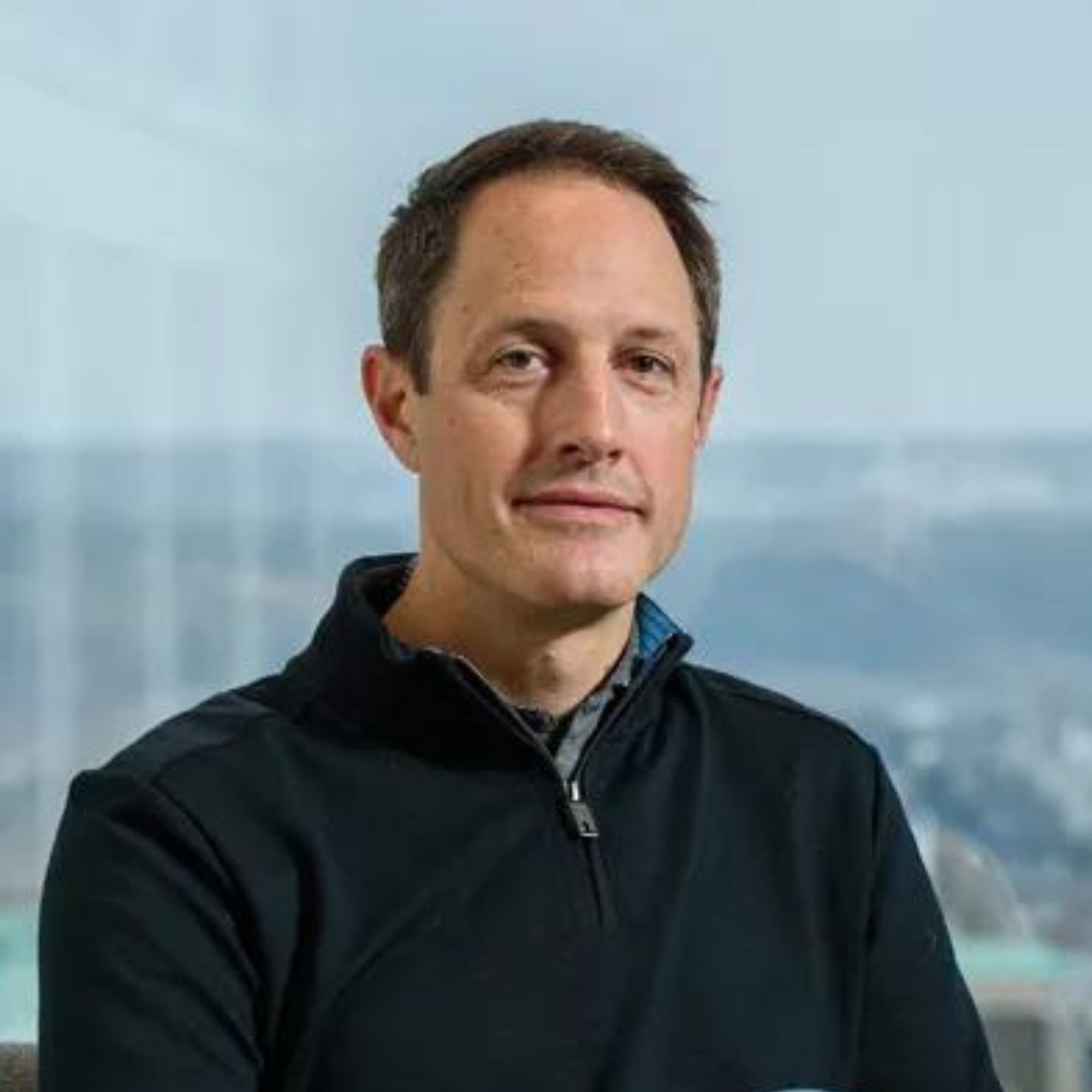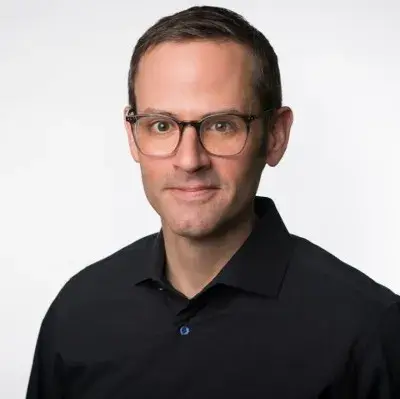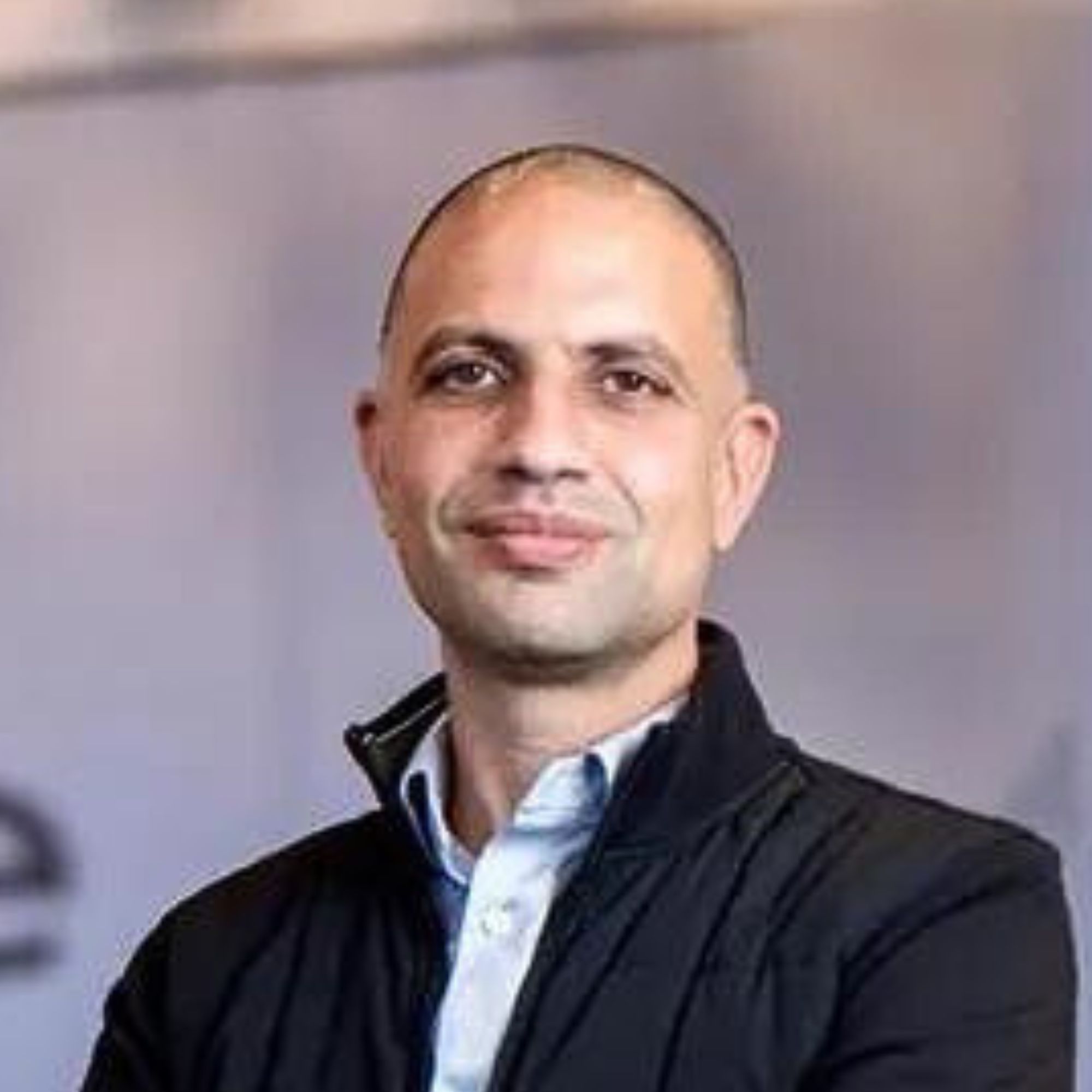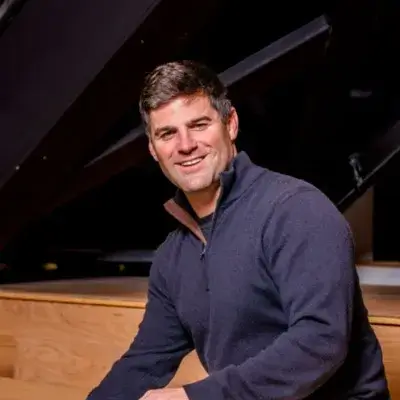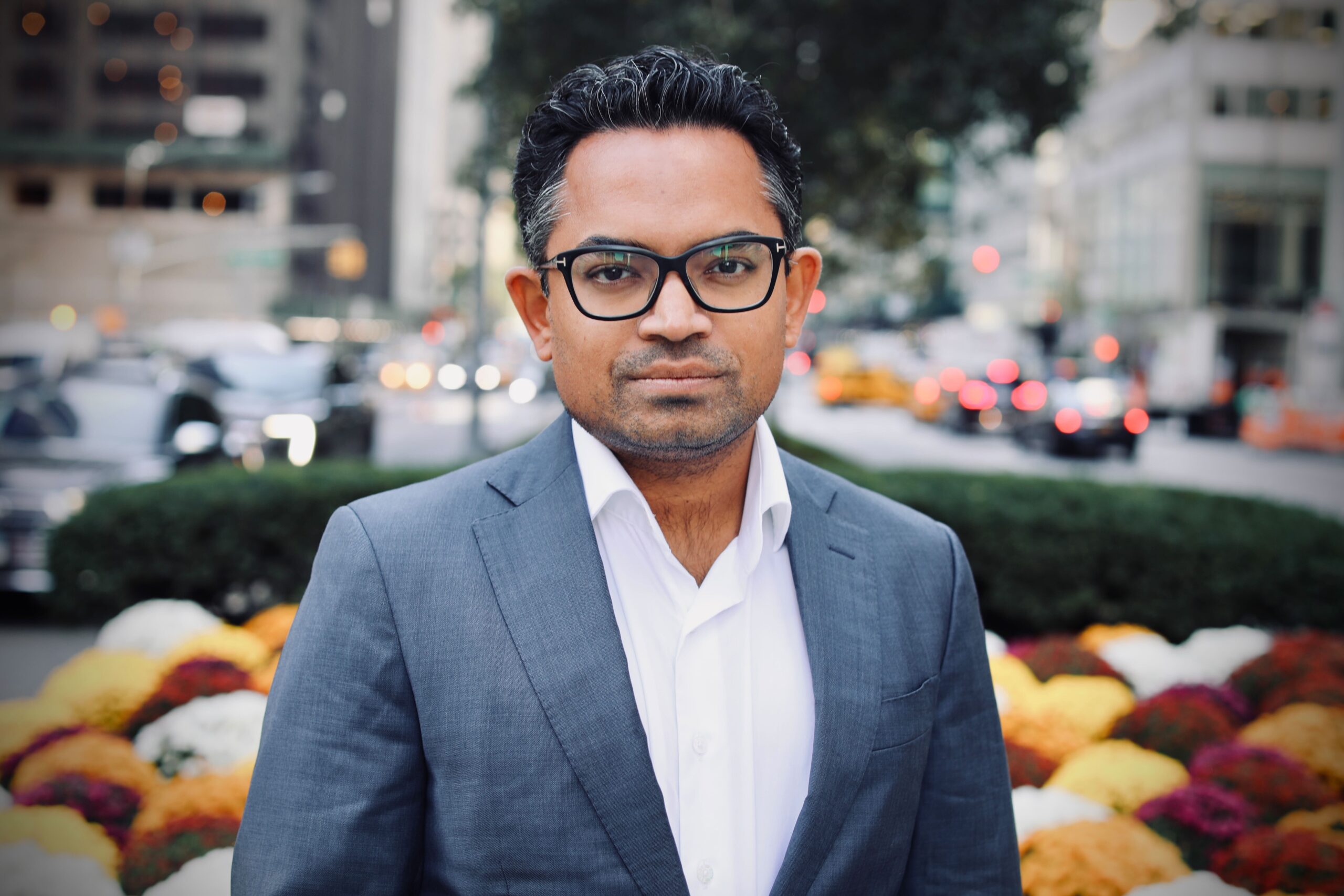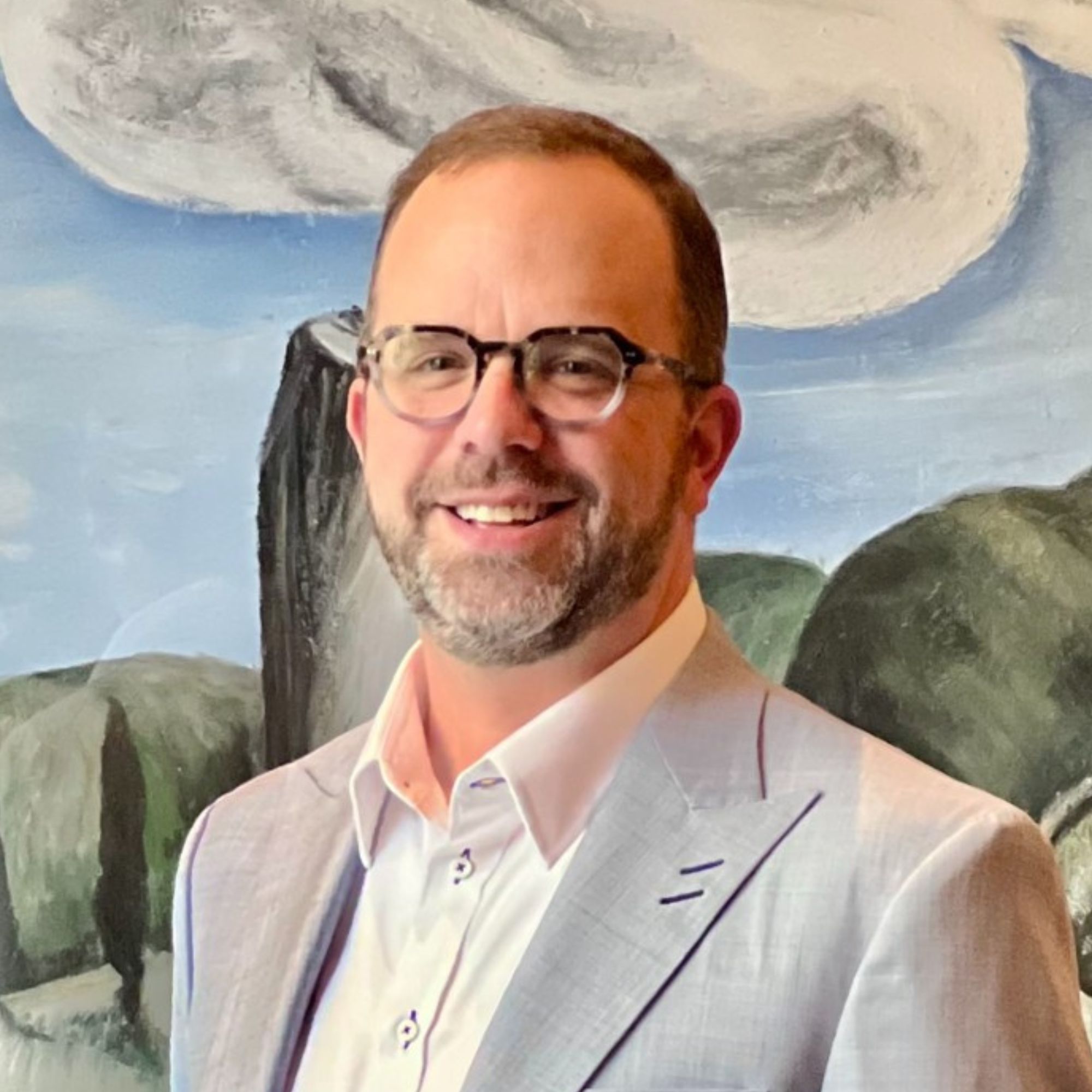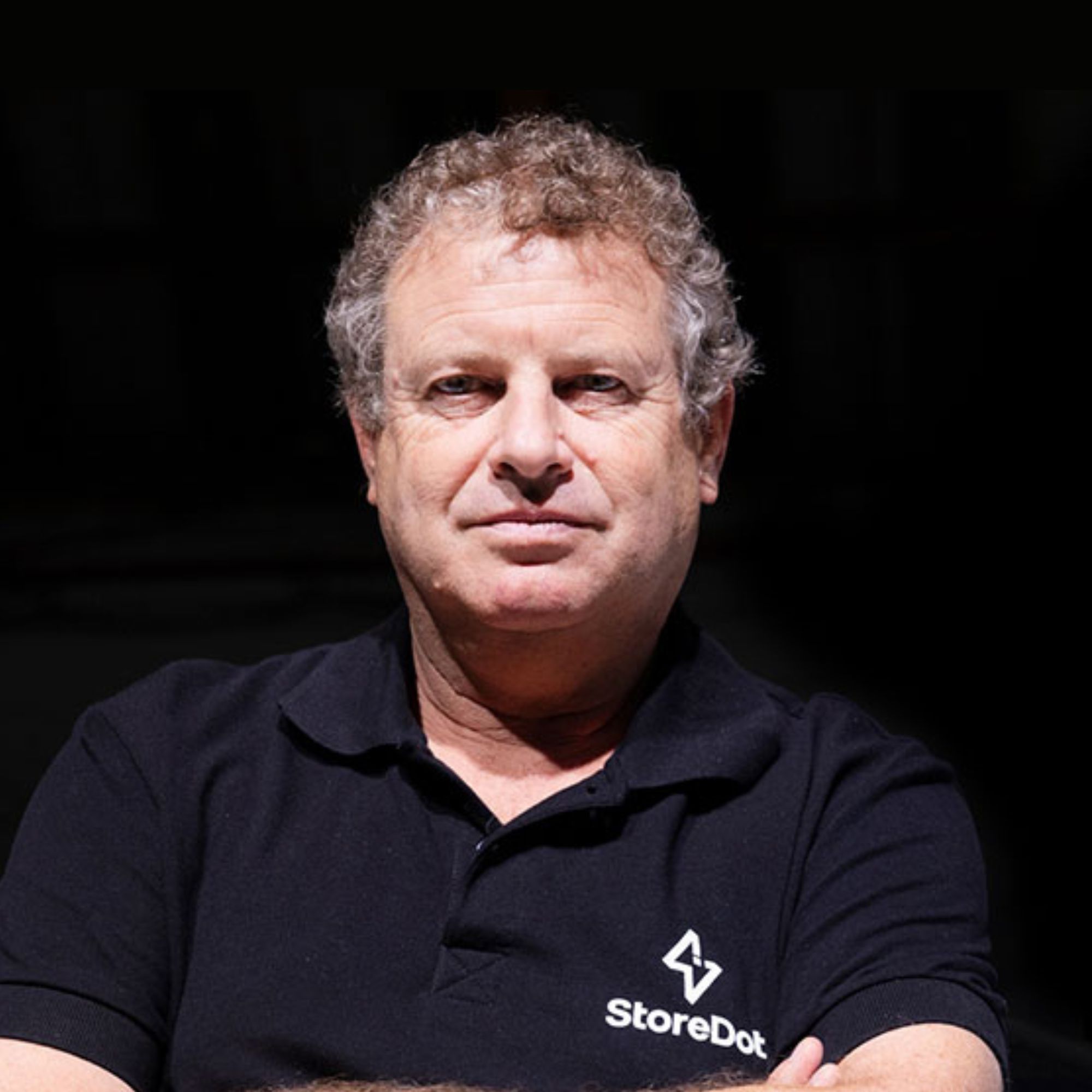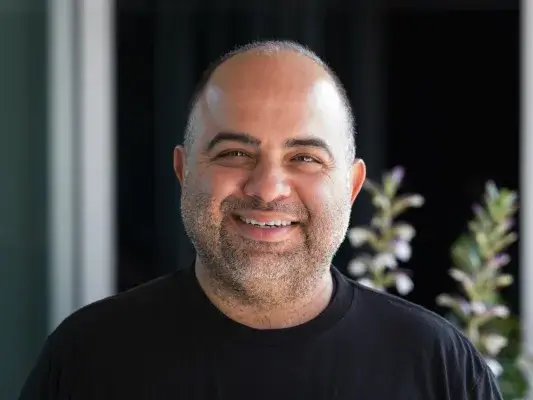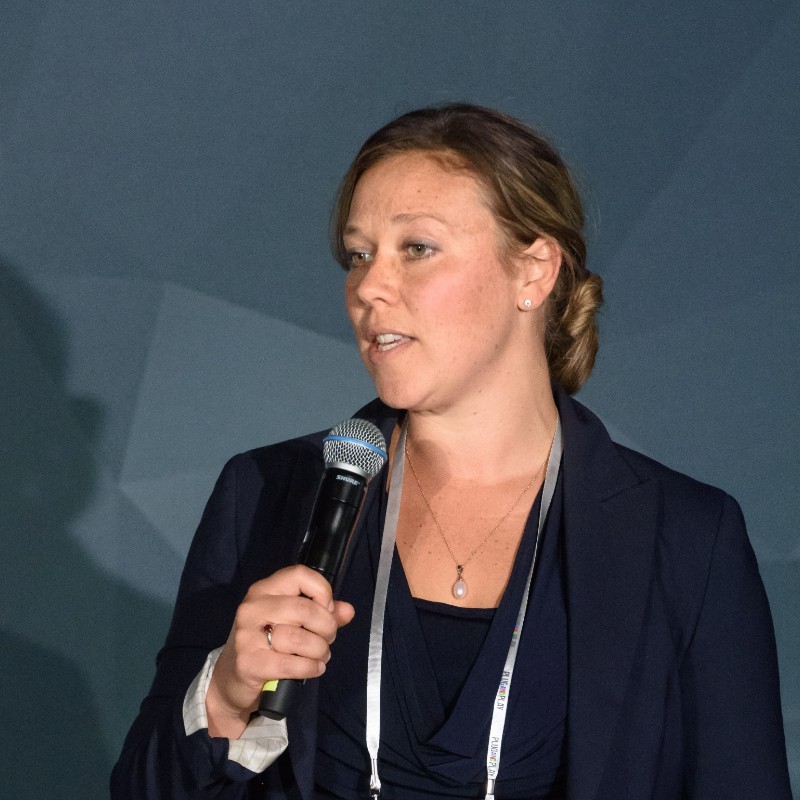We only take on 4 clients per month. Join our October cohort. 1 spot left.
Conversation
Highlights
ChargeLab: Why Building Infrastructure Software Requires Playing the Long Game
Infrastructure software companies face a unique challenge: their success often depends more on timing and positioning than on technological innovation. ChargeLab, which has raised over $20 million to build EV charging infrastructure software, offers a masterclass in how to navigate this challenge.
The Genesis of ChargeLab
What’s remarkable about ChargeLab’s story isn’t just what they built, but when they built it. “I started this business back in 2016, but we didn’t raise any venture capital until 2019,” explains CEO Zak Lefevre. This three-year gap between founding and funding wasn’t a failure to raise – it was a deliberate strategy.
The company recognized early that the EV charging market would need three things before a software platform could succeed:
- Enough hardware manufacturers to create competition
- Legacy businesses realizing they needed a solution
- Market maturity beyond early adopters
This patience proved prescient. “Back in 2016, nobody in the legacy businesses were thinking about this. Now in 2022, I guarantee every gas station that has more than, let’s say, 20 sites… guaranteed is looking at and thinking about the future of EV charging,” Zak notes.
Understanding the Platform Opportunity
ChargeLab’s core insight came from studying how infrastructure markets evolve. While Tesla was building a vertically integrated solution (Zak describes them as “like Apple”), ChargeLab bet that the market would eventually need an open platform – “the Android of EV charging.”
The analogy goes deeper than just open versus closed systems. Just as Android powers 80% of smartphones globally, ChargeLab recognized that most charging infrastructure would need to be vendor-neutral. “When Tesla builds a supercharger, first of all, they pick your site, you don’t pick them. Second of all, they own and operate all the infrastructure,” Zak explains.
This creates an opportunity for businesses that can’t wait for Tesla. Gas stations, for instance, face an existential challenge: “I’m not going to hand over half of my business to somebody else just because we’re making a fuel transition from petrol to electric.”
The Geographic Arbitrage Strategy
One of ChargeLab’s most counterintuitive moves was choosing Toronto as their headquarters. “It’s not San Francisco. It’s not New York. But as far as secondary tech markets go, I think Toronto is the best,” Zak shares. This decision solved a crucial problem: how to maintain in-house North American development while competitors resort to offshore development to manage costs.
The company takes a pragmatic approach to this geographic advantage: “From a population perspective, within North America… 90% is in the US and 10% is in Canada.” This drives their resource allocation, with 80% of their business development focused on the US market despite their Canadian headquarters.
The Amenity Insight
ChargeLab’s most valuable insight about market adoption came from watching property managers. Rather than trying to convince buildings to add charging as a new revenue stream, they recognized it would follow the same pattern as other amenities.
“Nobody wants to spend $800,000 on a condo in a building that doesn’t have a gym,” Zak observes. “And so it’s going to be a very similar dynamic where… the main reason they’re going to do it is so they can sell that $800,000 condo or they can rent that $2,000 per month apartment.”
This realization shifted their entire go-to-market strategy. Instead of selling charging as an opportunity, they positioned it as an inevitability.
The Evolution of Distribution Strategy
As the market matured, ChargeLab made a crucial pivot in how they reached customers. “The great thing that’s happened as this market has matured is there’s now a healthy ecosystem of partners that we have that do the installs that sell the hardware. And so we can really focus on the software,” Zak explains.
This shift reveals a pattern common in infrastructure software but rarely discussed: the best distribution strategy often evolves from direct sales to platform partnerships. Instead of trying to educate every potential customer about EV charging, ChargeLab now works through established players who already have those relationships.
The Venture Capital Insight
ChargeLab’s fundraising success – over $20 million raised – came from a profound understanding of how infrastructure companies should position themselves to investors. “The brilliant investors say, ‘No, we invest in the right market because there’s going to be ups and downs in your team… But if you are in the right market, that’s where the real growth opportunities are,'” Zak shares.
This perspective challenges the conventional wisdom about fundraising. While most founders pitch their product or team, ChargeLab focused on the market opportunity: “EV sales are growing at 30% to 40% kagar. There are more EVs sold in the past 18 months in America than in the previous ten years.”
The Infrastructure UX Challenge
Perhaps ChargeLab’s most valuable insight is about the role of user experience in infrastructure software. “The biggest thing that we’re working on is making it more frictionless for EV drivers and site owners and everybody in the ecosystem,” Zak explains. “Right now, it is such a pain to get a smart charger installed at your site or in your building.”
Their approach to this challenge reveals a crucial truth about infrastructure software: the goal isn’t to add features but to make complexity disappear. As Zak describes, “Today there’s like 20 different companies that all have a proprietary app that you have to download and you have to load a wallet balance on your apps… It’s ridiculous.”
The Future Vision
Looking ahead, ChargeLab’s vision suggests a fundamental shift in how we think about charging infrastructure. “There’s actually going to be more than one EV charging port for every electric vehicle on the road,” Zak predicts. “As we look at the vehicle fleet of North America going 100% electric in the next 15 or 20 years, we’re talking about hundreds of millions of new vehicles, and we’re talking about hundreds of millions of charging stations.”
This isn’t just about scale – it’s about a fundamental shift in how we think about fueling infrastructure. Unlike gas stations, which are centralized, charging will be distributed wherever cars park. This creates an entirely new category of infrastructure software challenges.
Conclusion: The Infrastructure Software Playbook
ChargeLab’s journey offers a playbook for building infrastructure software in emerging markets:
- Timing matters more than technology – they waited three years before raising venture capital
- Position yourself as the platform, not the full solution
- Use geographic arbitrage to build sustainable advantages
- Focus on making complexity disappear rather than adding features
- Recognize when markets will treat your product as an amenity rather than an opportunity
As more industries undergo similar transformations – from traditional infrastructure to smart, connected systems – these lessons become increasingly valuable. ChargeLab’s story suggests that success in infrastructure software isn’t about being first or most innovative – it’s about being ready when the market needs you most.
Actionable
Takeaways
Address Emerging Markets with Patience and Innovation:
The evolving state of EV charging infrastructure highlights the need for patience and continuous innovation in emerging markets. Startups should focus on long-term growth opportunities and be prepared to evolve with the market.
Develop Versatile Solutions for Diverse Needs:
ChargeLab’s approach, serving as the "Android of EV charging," showcases the importance of developing versatile solutions that can serve a wide range of customer needs across different hardware platforms.
Identify and Target Specific Customer Segments:
Understanding your key customer segments, as ChargeLab does with large networks of EV chargers, can help tailor your product or service to meet specific market needs effectively.
Anticipate the Integration of New Amenities in Traditional Spaces:
The discussion around EV charging in residential and commercial properties indicates a trend towards integrating new technologies as standard amenities. Businesses should anticipate and adapt to these changes to stay competitive.
Aim for a Frictionless Customer Experience:
The future vision of a more seamless interaction with technology, as described by Zak, reminds startups to prioritize the end-user experience. Reducing friction in using your product or service can significantly enhance customer satisfaction and adoption.
